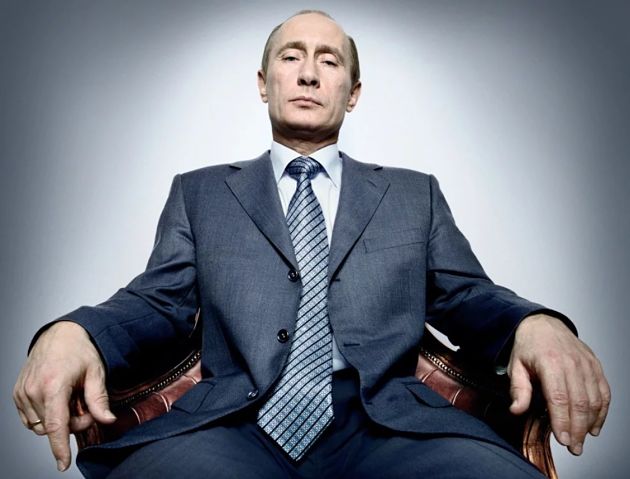“No regrets and no shame” – these two words can describe the philosophy that Vladimir Putin suggests to Russians regarding their sacrifices in wars and the responsibility of their leaders for them. On the eve of tomorrow, when there will be much talk about the great victory and “we can repeat it”, it makes sense to reflect on this a little.
Speaking to a journalist and speculating on how Russians would behave today if another major war broke out, Putin said: “I have examples before my eyes, such as the heroic behavior of our servicemen in Afghanistan, such as the heroism of the paratroopers of the Pskov division. (…) Therefore, I think that not to regret is actually in the blood of the Russian people, if it is necessary”.
Okay, let’s not talk about the “heroism” of the Soviet military in Afghanistan and the “heroism” of the Russians in Chechnya, let’s talk about World War II. According to declassified data from the USSR’s Gosplan, the irreversible losses of the Soviet population due to various causes caused by this war amounted to almost 42 million people. The total loss of the population of the USSR in 1941-1945 was more than 52 million 812 thousand people. Of these, combat losses amounted to more than 19 million military personnel and about 23 million civilians. The total natural mortality of military personnel and civilians during this period could have exceeded 10 million 833 thousand people, including 5 million 760 thousand children under the age of four. And Putin says, “not to repent if it is required”. But who and why is it necessary?
These questions are directly related to even more uncomfortable ones – about the causes and responsibility for this war. In such matters, the principles of “misfortune to the vanquished” and “victors are not judged” are often followed. Germany was defeated, and its leaders were accused of starting the war and committing numerous war crimes. Nobody denies that.
But it is not so simple when it comes to not judging the victors. After all, World War II did not begin in 1941, but in 1939, and it began with the partition of Poland between Nazi Germany and the USSR, against the background of their military-technical cooperation before and after. Germany’s sudden attack on the USSR two years later is usually explained by Hitler’s initial plans to conquer vital space in the East for the Germans, as outlined in Mein Kampf. But it is forgotten that in the same book he argued that a two-front war would be suicidal for Germany, and therefore it should either ally itself with England, giving it maritime colonies and conquering land colonies in the East, or ally itself with Russia on land and take maritime colonies from England.
By 1941, Germany had already been at war with the British Empire for two years, and it was a difficult war. Therefore, Germany’s attack on the USSR at that moment, in order to gain vital space in the East, was in gross contradiction to Hitler’s own doctrine, to which he attached great importance, considering the two-front war as the cause of the German catastrophe in the First World War.
The motives for this act are well known – based on an evaluation of the actions of the Communist leadership in Europe and its plans to rearm the Red Army for offensive actions, the German leadership concluded that Stalin was preparing for an offensive war in Europe. Whether this was true or not is for historians to determine. The important thing is that the Nazi German leadership came to this conclusion, decided to attack the USSR before it could rearm its army, and began to develop colonial plans while preparing for war. In other words, this whole story was the result of political maneuvering between Stalin and Hitler, in which each of them was driven by their ambitions and suspicions, and which ended in a fight between them. Or rather, between the nations they led, which became hostages and victims of their leaders’ policies.
In connection with this, the question of who and for what purpose it was necessary to sacrifice almost 50 million citizens of the USSR alone, and whether it is worth regretting, cannot be avoided today, when the Russian leadership, instead of solving the problems of their country and its citizens, is once again engaged in risky military and political adventures, which are fraught with Russia’s confrontation with other countries. Therefore, when Putin boasts today about the readiness of Russians not to feel remorse and not to feel guilty about the World War, we should be very worried.
Just like the fact that in Europe today the main slogan regarding these events is “never again”, while in Putin’s Russia the population is inspired with “we can do it again”. But do the Russians want not to regret themselves, their country or the world once again, when they are asked to do so for unclear purposes?

